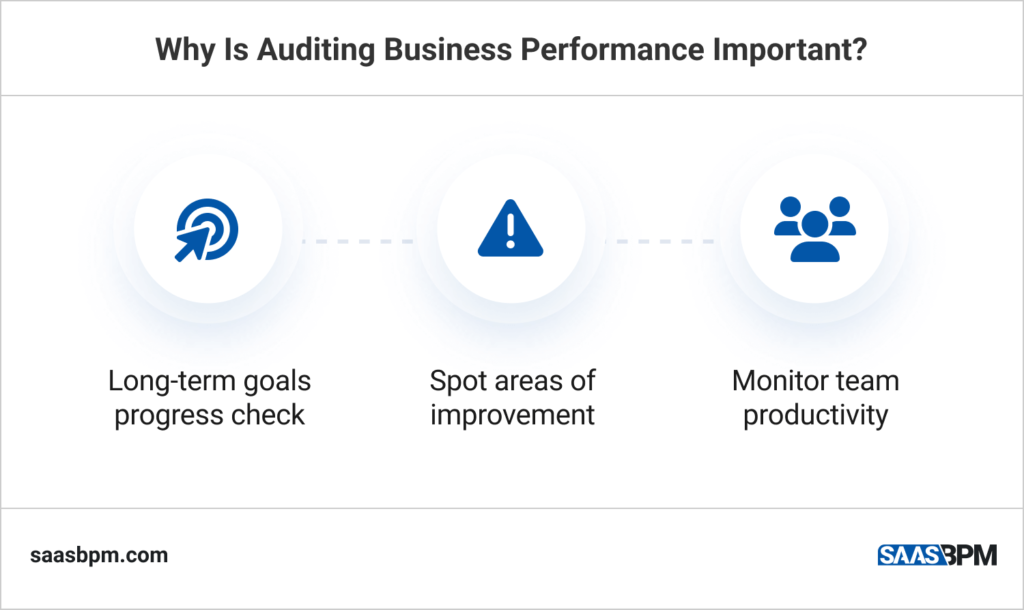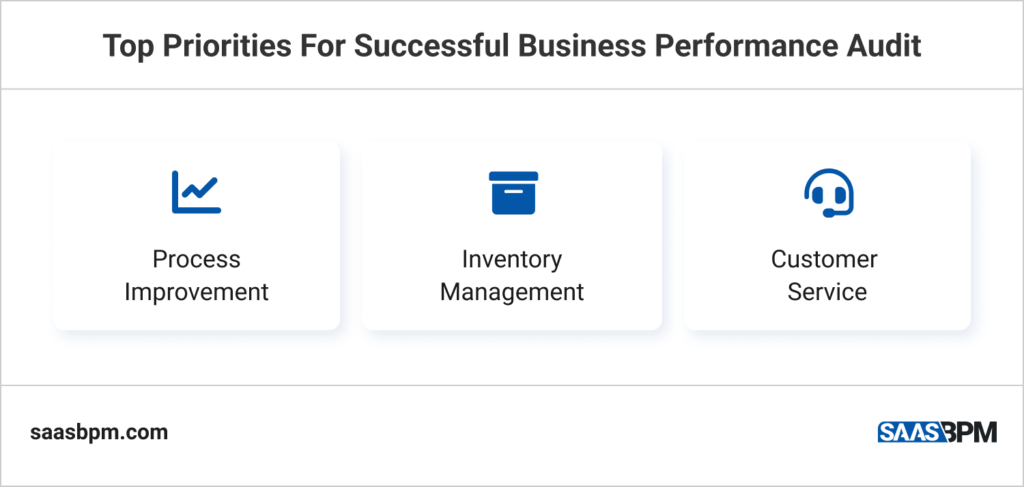Auditing business performance can be a daunting task for any company owner. After all, who likes admitting to their mistakes when everything seems flawless? However, in the business world, a reality check is absolutely necessary to make sure you keep evolving to success.
It’s more essential than ever to be adaptable and quick-witted in today’s fast-paced business environment. As an entrepreneur, you may find yourself in survival mode, coping with the day-to-day problems of running your firm. It can be difficult to assess whether you are meeting your targeted goals and objectives when there are so many other issues to contend with. This is where Key Performance Indicators (KPIs) can be helpful.
KPIs can help you regain focus and measure your business performance. They can also help you identify areas that need improvement. When setting KPIs, it is important to choose ones that are relevant to your business and that will give you the information you need to make informed decisions about the future of your business. With careful planning and execution, KPIs can help you navigate today’s challenges and position your business for success.
In this article, we will first give an in-depth overview of what makes auditing business performance so important. We will then go on to explain what the key aspects of your organization that need regular audits are.
Why Is Auditing Business Performance Important?

There are several key reasons why auditing business performance is so important. First and foremost, it allows you to take a step back from the day-to-day grind and take a bird’s eye view of your company’s progress. This can help you identify any potential red flags or areas of improvement. Additionally, auditing your performance on a regular basis can help you track your company’s progress over time and ensure that you are meeting your long-term goals.
Another important reason to audit your business performance is to identify any potential areas of waste. Inefficiency can be costly, both in terms of time and money. By identifying areas of waste, you can make changes that will improve your bottom line. Additionally, auditing can help you benchmark your performance against other companies in your industry. This can give you a better idea of where you stand in terms of best practices and allow you to make changes accordingly.
Last but not least, auditing business performance is important because it allows you to hold yourself and your team accountable. If you are not meeting your targets, it is important to identify the root cause of the problem and take corrective action. Additionally, auditing can help you identify any areas where your team may need additional training or support.
What Areas of Your Business Should You Audit?

1. Process Improvement
We all look for ways to improve. Businesses focus on improving internal operations with the goal of efficiency in practice. By focusing on internal systems and processes, businesses can change how their products and services are delivered. When these processes are changed, as part of the quality improvement initiative, ongoing monitoring of new processes helps to ensure compliance with improvement effort changes.
An easy way to manage business processes effectively is to automate them with a collaboration software like SaaS BPM. Through continual monitoring, businesses can make sure that their efforts towards efficiency are working as planned and team members adhere to changes. In this way, companies can slowly but surely improve their operations and enhance productivity over time.
2. Inventory Management
Inventory management is an important aspect of audit, especially if you have a B2C company. Keeping track of what you have available can be a daunting task, especially for businesses with large product lines. However, it is important to stay on top of your inventory levels to ensure that you always have the products your customers need in stock.
One way to stay on top of your inventory is to implement all details in a business process management system. This way you can track your inventory levels in real time and get notifications for actions that need to be done. Additionally, it can generate reports that can be used to audit your inventory on a regular basis.
3. Customer Service
In today’s competitive market, providing excellent customer service is more important than ever. Happy customers are loyal customers, and they are more likely to spread the word about your business to their friends and family. Additionally, they are more likely to leave positive online reviews and become brand ambassadors. For these reasons, it is important to audit your customer service on a regular basis.
There are a number of ways to assess your customer service. One way is to conduct customer surveys. This can be done online or in person. Additionally, you can monitor social media platforms for customer feedback. Another way to assess customer service is to mystery shop your business. So, get creative!
Final Thoughts
Auditing your business performance is a critical step in ensuring that your company is operating at its best. The areas we’ve outlined are key considerations for any business, but there may be others specific to your industry or organization that you need to audit as well. Thankfully, there are many tools and resources available to help you with the auditing process, including our own SaaS BPM software. So what are you waiting for? Start auditing today and see how your business can improve tomorrow!

![Auditing Business Performance [Guide]](https://saasbpm.com/wp-content/uploads/2022/06/Auditing-Business-Performance-Guide-1130x662.png)